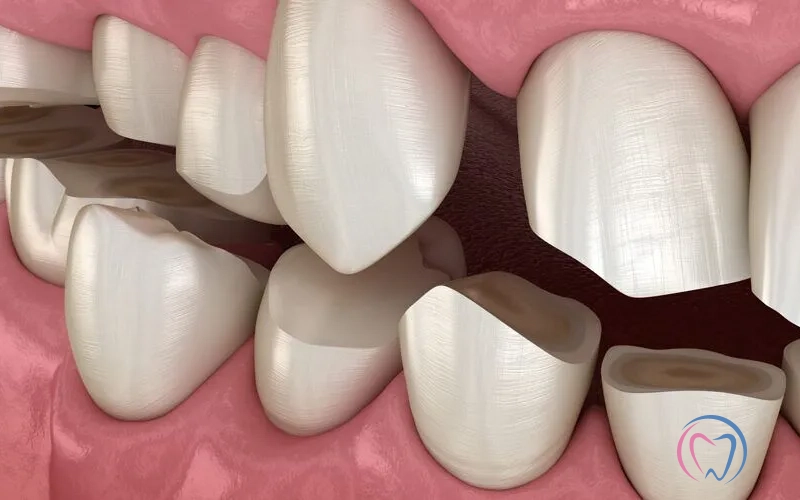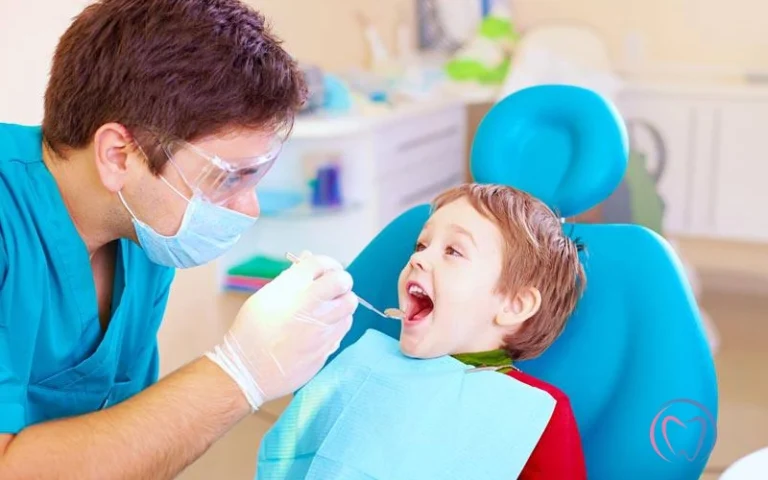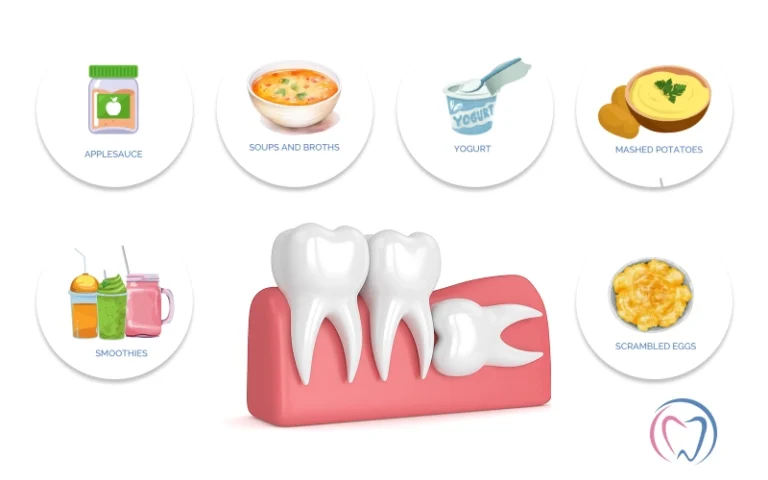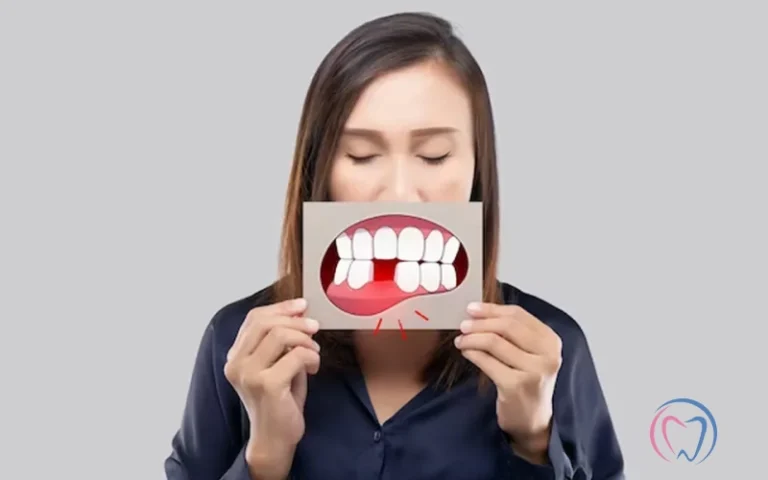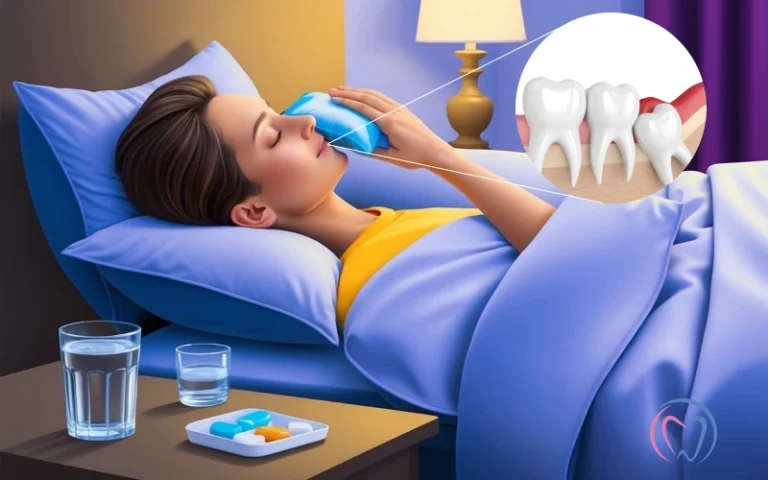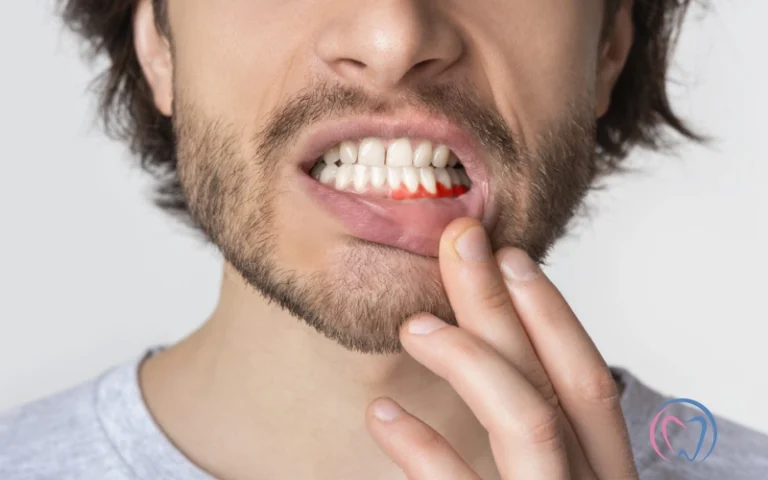Many Australians experience teeth grinding, also known as bruxism, a common condition. Jaw pain, headaches and worn-down teeth are symptoms that can occur during sleep or while awake. Untreated bruxism can cause significant dental and health problems. However, there are several treatment options available in Australia to help manage and alleviate teeth grinding.
What are the reasons for teeth grinding?
It is important to be aware of the potential causes of bruxism before considering treatment options, which include;
- Teeth grinding is a common symptom of emotional stress and anxiety, which occurs subconsciously during sleep.
- Bruxism has been associated with sleep disorders like sleep apnoea.
- Grinding and clenching can be caused by teeth that are not properly aligned.
- Excessive caffeine, alcohol and smoking can lead to tooth grinding.
- Some medications like antidepressants can cause bruxism as a side effect.
Teeth grinding treatment options in Australia
In Australia, there are multiple effective treatments that can prevent further damage and relieve discomfort brought on by bruxism.
- Mouthguards and Splints – Dentists commonly recommend custom-fitted mouthguards or splints to protect teeth from grinding, especially during sleep. These devices are designed to;
- Reduce pressure on the teeth and jaw.
- Prevent further enamel wear.
- Minimise the effects of muscle strain and pain. Dental clinics throughout Australia can obtain cum-fitted mouthguards, which are one of the most effective solutions.
- Ways to manage stress – Relaxation techniques can be used to reduce tooth grinding since stress is the main cause of bruxism. Some effective methods include;
- The practice of meditation and mindfulness.
- The use of cognitive behavioural therapy. (CBT)
- Doing regular exercise and breathing exercises. In Australia, many psychologists and wellness centres provide stress management programs designed to address bruxism caused by anxiety.
- Dental treatments – If grinding is caused by misaligned teeth, orthodontic treatment may be necessary. Options include;
- Correcting bite issues can be done by wearing braces or Invisalign
- Dental restoration, such as crowns, to repair damaged teeth.
- Australian orthodontists and dentists can determine if corrective procedures are necessary to alleviate grinding.
- Botox injections – The use of Botox injections as a treatment for severe bruxism has become popular. The injections are used to loosen the jaw muscles, which prevents excessive clenching and grinding. Australia has a variety of cosmetics and dental clinics that offer this treatment.
- Medications – In certain instances, healthcare professionals may prescribe muscle relaxants or medications to decrease nighttime grinding. These are intended to be used under medical supervision and in conjunction with other therapies.
- Lifestyle changes – Simple lifestyle changes can help reduce the frequency of teeth grinding, such as;
- Reducing the amount of caffeine and; alcohol consumed.
- Practicing good sleep hygiene.
- Avoiding chewing gum or non-food items.
Seeking treatment in Australia
Australians who experience teeth grinding can seek help from;
- General dentists provide treatment plans for grinding, which often include mouthguards and advice on managing symptoms, in most dental clinics across Australia.
- Specialised sleep centres can diagnose underlying sleep disorders that contribute to teeth grinding.
- Jaw-focused physiotherapy can be used by physiotherapy to reduce pain and enhance jaw function.
The condition of teeth grinding can be managed with the right approach and treatment. Australians have access to a variety of efficient solutions to safeguard their oral health and enhance their quality of life, whether through dental interventions, stress management, or lifestyle changes.
If you think you are grinding your teeth, it is important to talk to a healthcare professional to figure out the most effective course of action.
If you need more information or would like to schedule an appointment, you can either visit your local dental clinic or ask for advice from a qualified healthcare provider.

